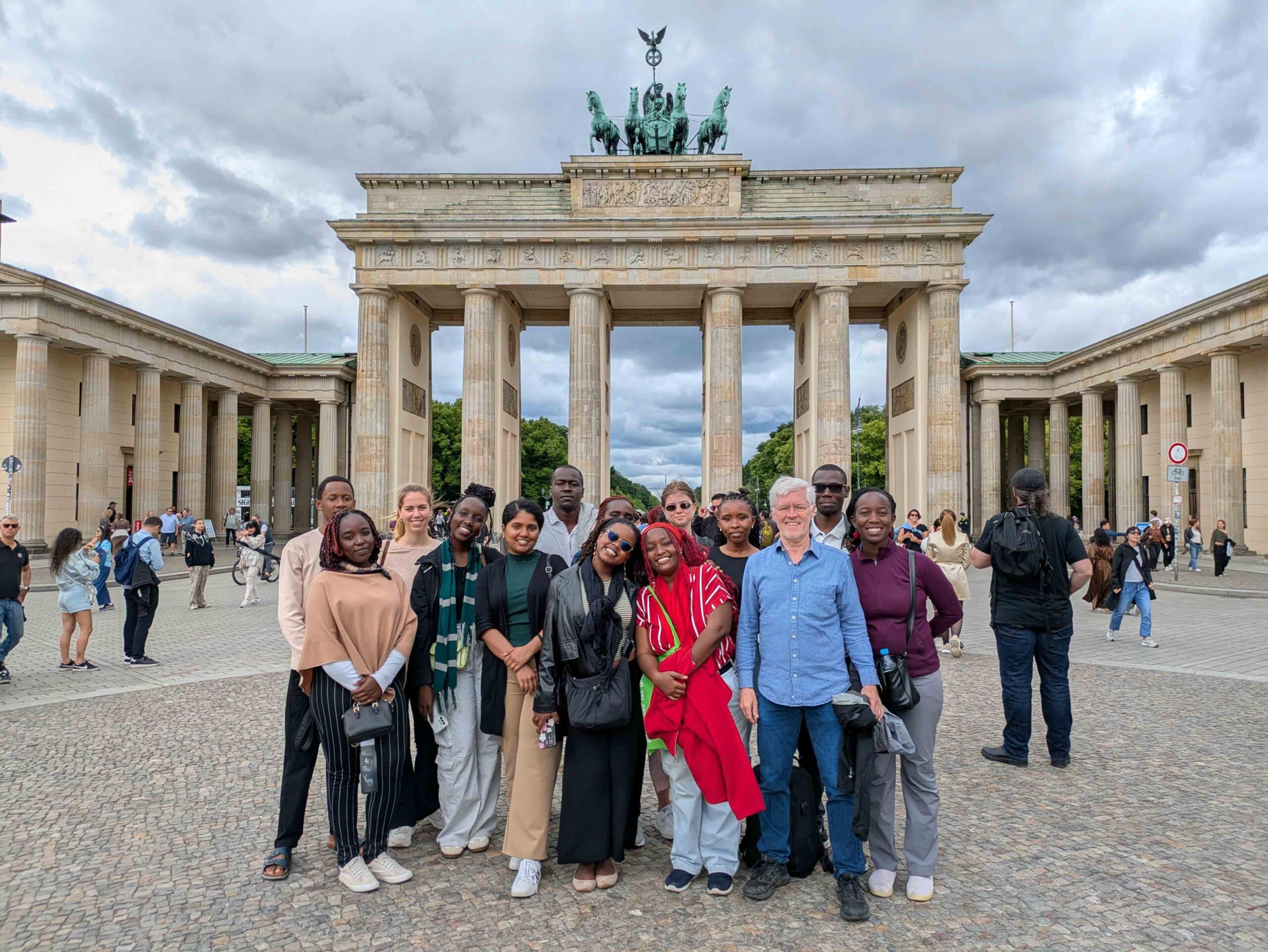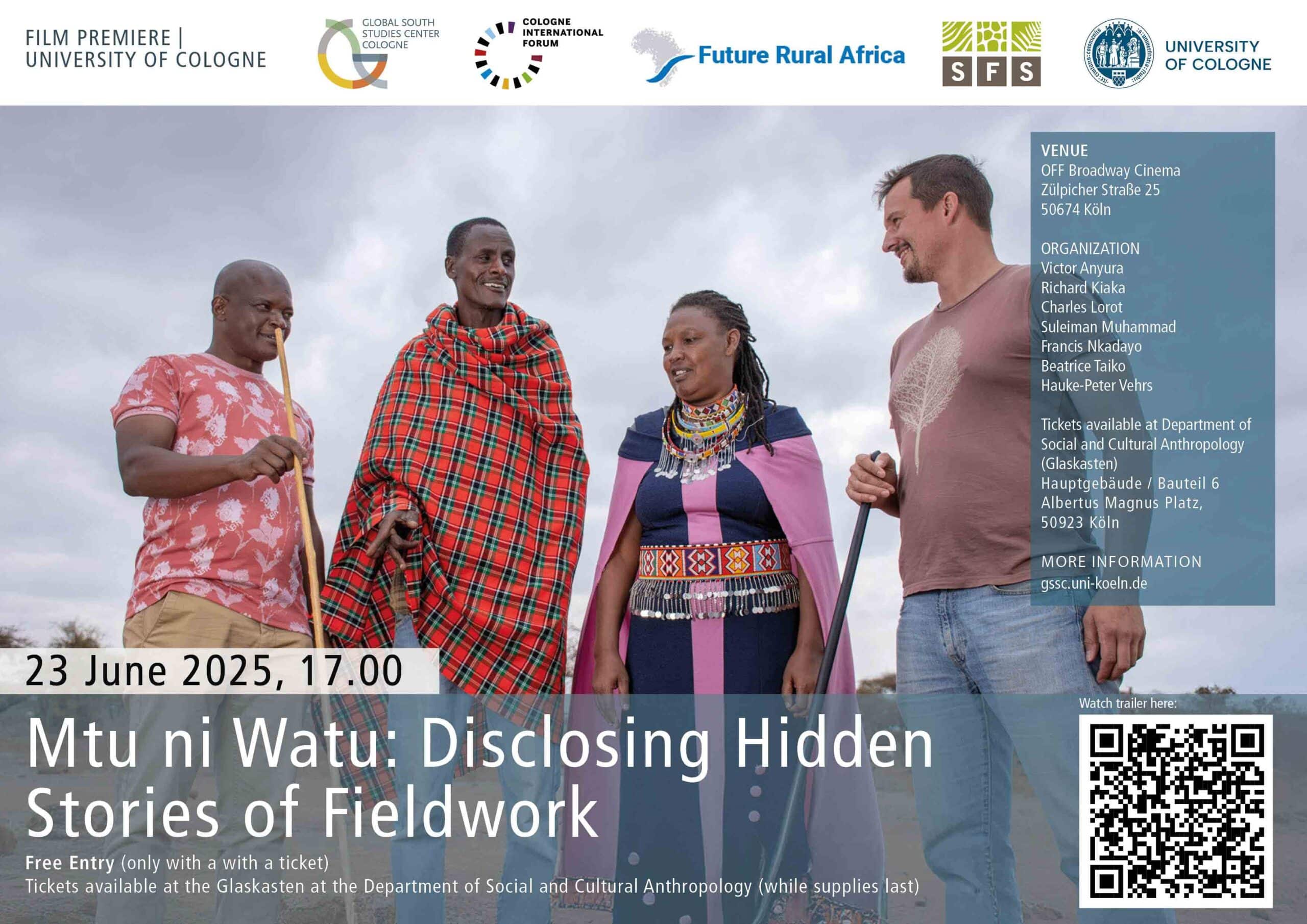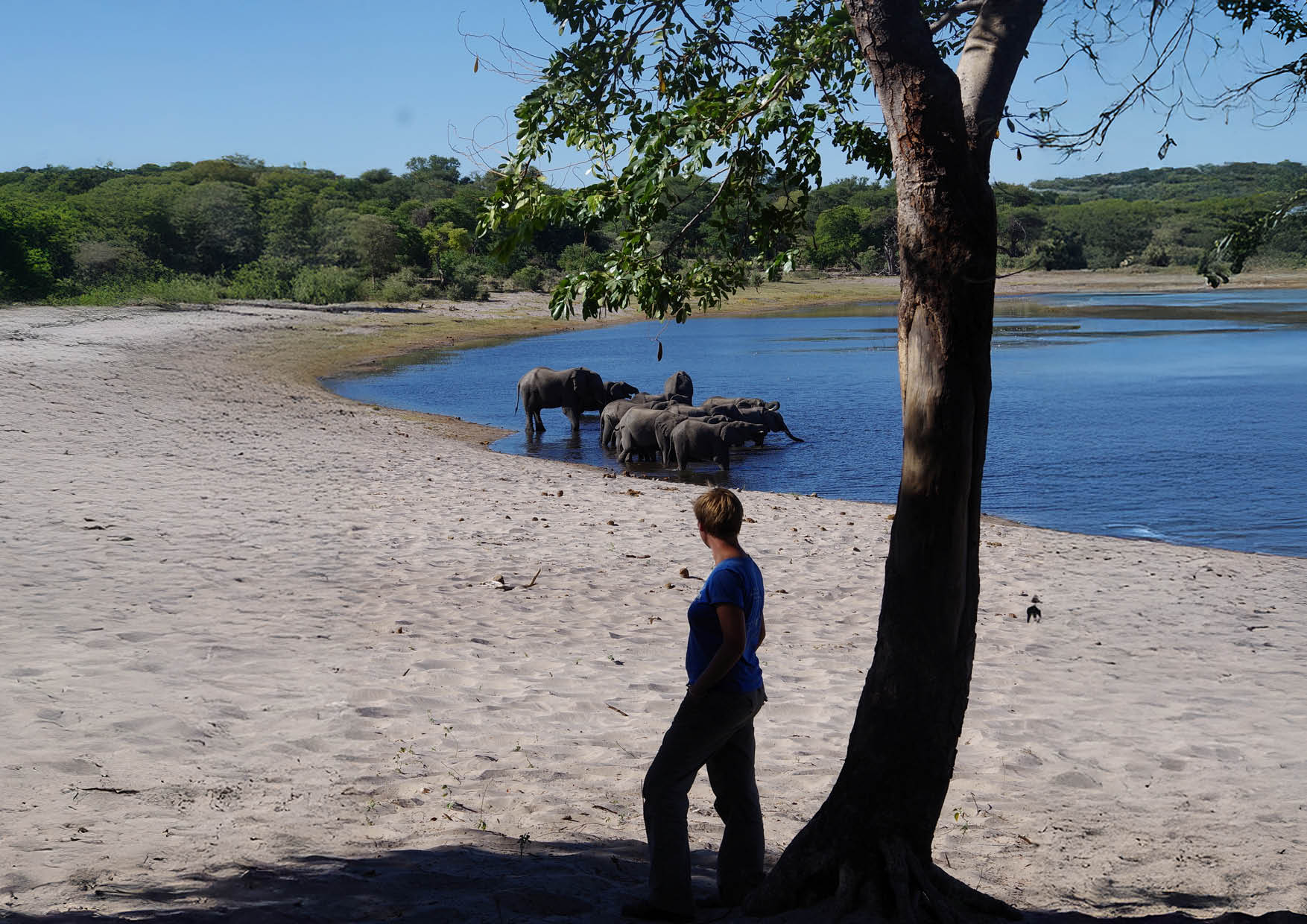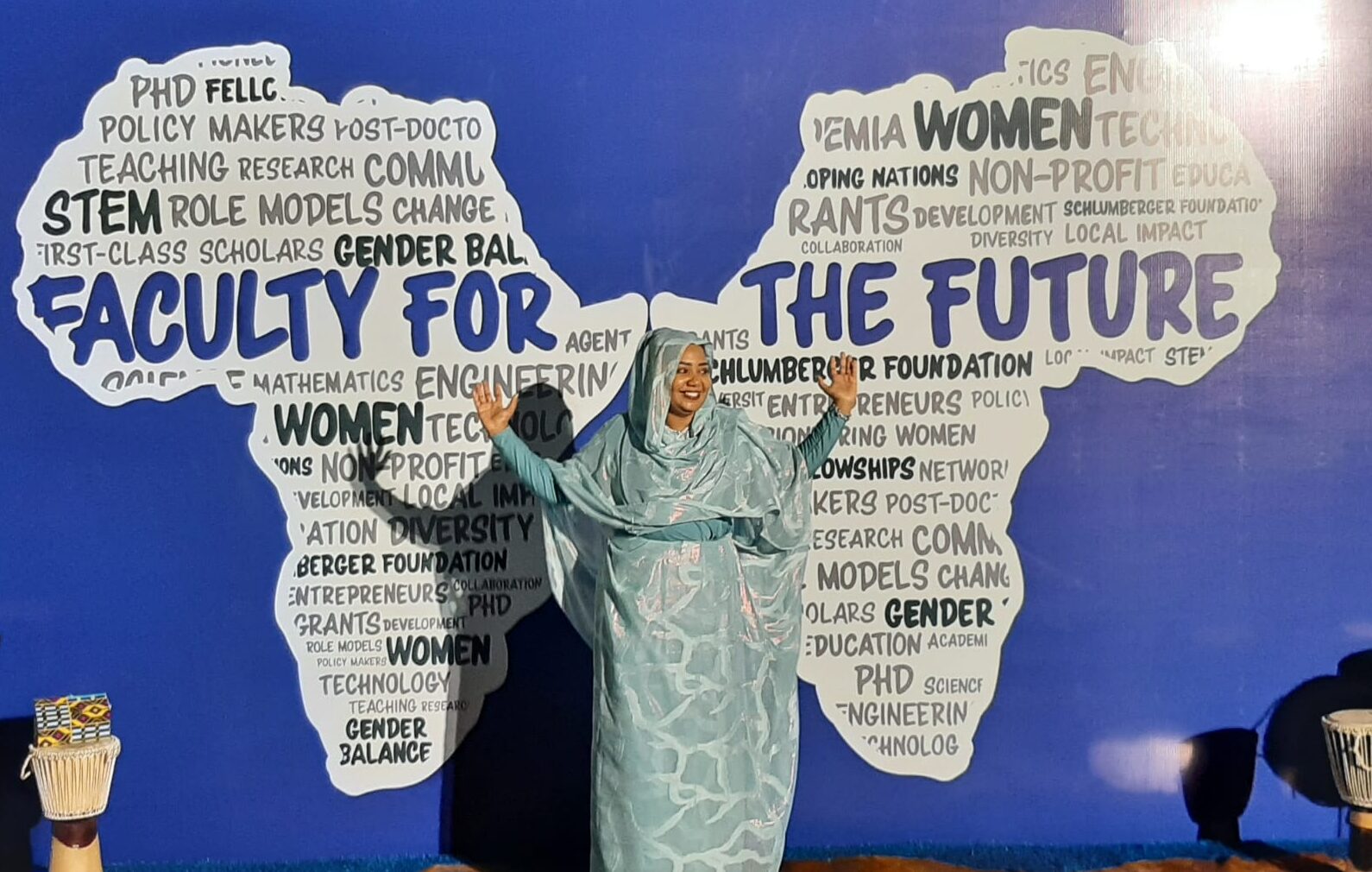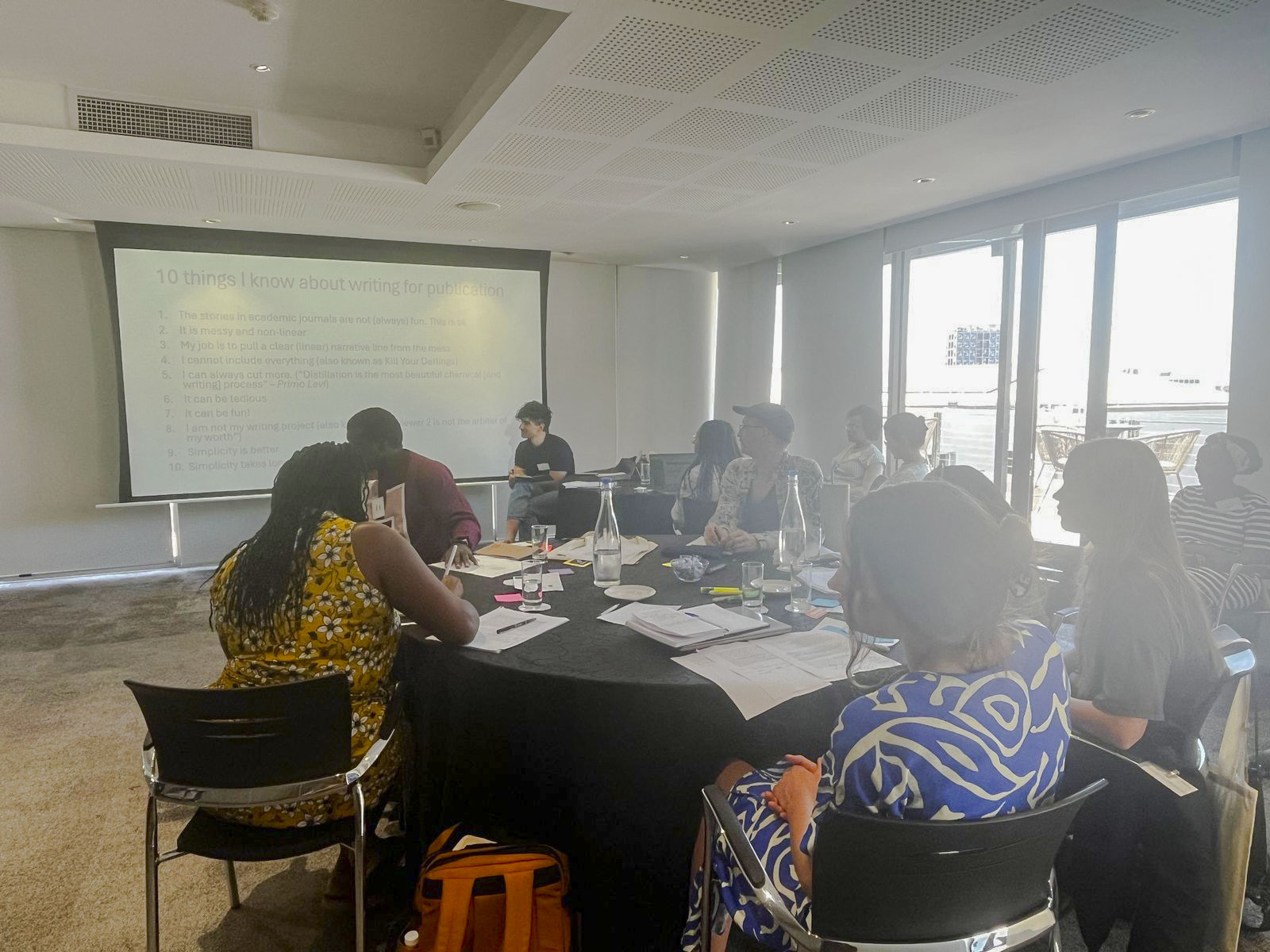In their latest publication titled “Maono ya Bonde la Kilombero, Tanzania: Historia za Maendeleo Yake”, Francis Ching’ota, an Assistant Lecturer from the National Institute of Transport and Jonathan Jackson, team member of Future Rural Africa Project A02 “Past Futures”, discuss histories of development in Tanzania’s Kilombero Valley. We talked to the authors about their research and the motivation to publish in Swahili.
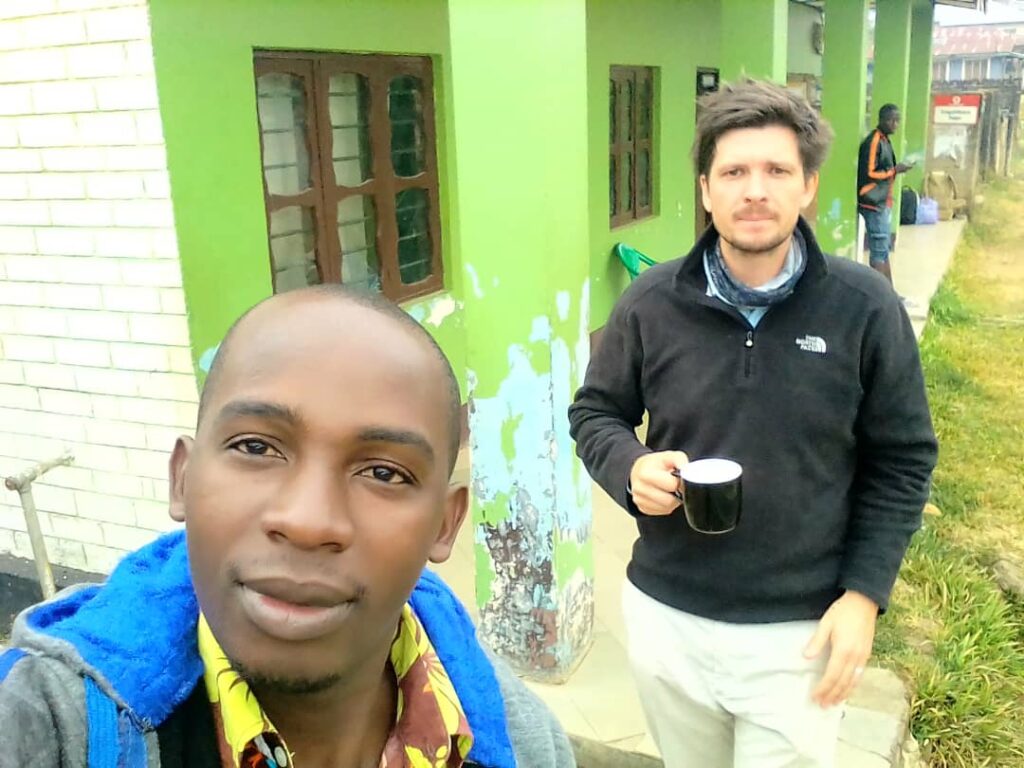
Your article “Maono ya Bonde la Kilombero, Tanzania. Historia za Maendeleo Yake” (“Visions for Kilombero Valley, Tanzania: Histories of Its Development”) was recently published in the journal Utafiti. For those who don’t speak Swahili, can you summarise what the article is about?
Jonathan Jackson: The article focuses on histories of development in the Kilombero Valley of southern Tanzania; specifically outsiders’ visions of development, most of which did not materialise. It identifies and discusses four themes within this history: agricultural intensification, ecology control, infrastructure, and (re)settlement. The development potential for Kilombero was often misunderstood, and valley fertility was overestimated. The early fixing of these ideas in developers’ minds initiated a momentum that still gathers today.
How did the article come about? Can you tell me a little bit about the process? From conducting the research to placing the article in Utafiti?
Francis Ching’ota: Our story began in 2019 when we met at the Morogoro Region’s regional administrative secretary’s office to get our research permits. By then, I was an MA student from the University of Dar es Salaam. The turning moment, though, was when Jonathan greeted me with “Habari zako?”, a Swahili way of greeting. I had to respond by asking him whether he knew Swahili. And this served as our introduction to one another. Jonathan was meant to visit the districts of Kilombero and Ulanga, but I was searching for a research permit so that I could go to Kilosa district and perform my research there. I came to join Jonathan after collecting my data at Kilosa, and we worked together at Ifakara and Mahenge in Ulanga. After that, I participated closely in many research activities related to his work. Jonathan involved me in a lot of works and gave me experience in the field of research.
Jonathan Jackson: The underlying research was conducted as part of my doctorate at the University of Cologne, during the first phase of the DFG-funded CRC-228 ‘Future Rural Africa’. I first conducted the foundational archival work in the Tanzania National Archives in Dar es Salaam, also in London and Oxford. Francis – who is from the valley itself, from Ifakara – and I then travelled around the valley together on multiple occasions from 2019 to augment the archive with oral histories. This article is thus the product of a long working relationship between its authors.
Utafiti is one of only a few journals which accept articles in Swahili (Kiswahili; Africa; Tanzania Zamani are examples of others). It is run from the University of Dar es Salaam and published by the Dutch publisher, Brill. It has regional roots and a global reach, which made it a perfect home for our article.
The process was made easier by the fact that I studied History and Swahili for my BA (2007–11) at SOAS (University of London), and for Francis, of course, Swahili is his first language. Further guidance to truly convey intended our meanings was gratefully received by the journal’s in-house language editor, Dr. Luinasia Kombe.
Which factors did you consider in the decision to write in Swahili?
Francis Ching’ota: The research was conducted in the Swahili zone areas where the majority are speaking Swahili. A common question that we encountered from the respondents during our field work was, “you guys, you always come here and interview us and you don’t give us feedback of your research”. This showed us that there is a need for Swahili publications that can be read by local individuals to realize their contributions in the research activities. Our understanding is that, research outcomes have to benefit the targeted society through information dissemination. Therefore, the people of Kilombero, whose majority use Swahili as their communication language need to get the information on the potential of Kilombero valley through their common language. And one of the advantages of using the Swahili language is to promote the local people to participate in the research activities because using their own native language signifies a sense of ownership of the place but also it is easier for them to understand the outcomes of the research conducted.
Jonathan Jackson: On top of that, not enough is done to disseminate research conducted in East Africa by scholars from the so-called Global North. Practices of knowledge extraction are often unethical, and research budgets rarely allow for researchers to return to field sites to meet again with the very people who made the research possible in the first place. This is unsustainable. The writing of research findings in English can be exclusionary and alienating. It is true that English is a global lingua franca, but as such it remains a second, third, or even fourth language for many people. This only creates a disconnect.
The stark reality is that my ability to conduct research in East Africa is aided by passport privilege, generous European funding, and the social and political access granted by my whiteness. There is then an even greater reliance on institutional partners at universities to support research permit applications (e.g. at the University of Dar es Salaam, or Mzumbe University in Morogoro); and were it not for the talented Tanzanian graduate students who assisted in fieldwork, or the many people during the research who gave their time to share their stories and insights, then simply put there would be no research. More must therefore be done to create a greater share and return of this research within the region.
Our decision to publish in Swahili was intended to go some way to redress some of these imbalances and to be more inclusionary. We hope that it represents a commitment to building positive and sustainable relationships, to external engagement and broader participation in the research. The response so far has been overwhelmingly positive. We were also fortunate to secure Open Access funding (despite the inequalities that such a system creates) and this has meant that during the first week since its publication, the article PDF has been viewed and downloaded over 700 times. This is remarkable and a testament to the importance of this practice.
Reference
Jackson, J. M., & Ching’ota, F. 2023. Maono ya Bonde la Kilombero, Tanzania: Historia za Maendeleo Yake [Visions for Kilombero Valley, Tanzania: Histories of Its Development]. Utafiti, 18(2), 160-177. DOI


